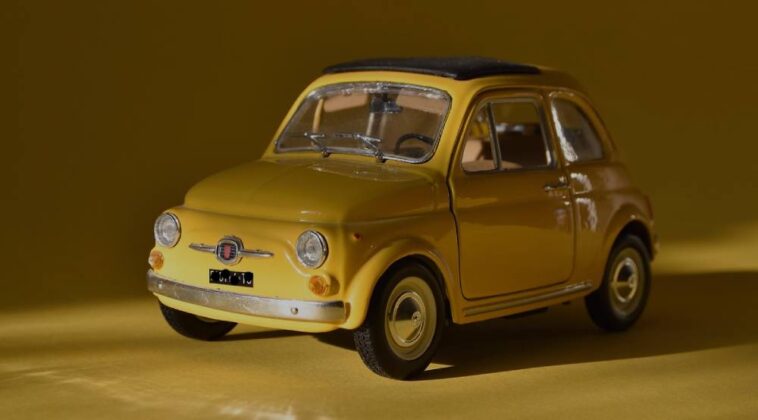Why Do Vehicle Manufacturers Discontinued Previous Models, In the dynamic world of automotive manufacturing, it is not uncommon for car manufacturers to discontinue their previous models, even if they have been successful. The decision to cease production of a particular car model is a result of numerous factors that influence the automotive industry. From market demands and technological advancements to changing consumer preferences and regulatory requirements, manufacturers must adapt and evolve their product lineup to remain competitive. Be here to know the reasons why car manufacturers discontinue their previous models and shed light on the complex decision-making process involved.
However, it has been seen that sometimes when a manufacturer launches or introduces a new model for the same car, sometimes it becomes more amazing but most of the time people often criticize the brand for launching a new variant for the same model. For example, the previous Fortuner from Toyota was amazing in terms of body, design, and durability but since the new model has been introduced, people still love the previous model. The same thing was seen with the Maruti Suzuki where people still love the old model due to its durability.
Why Do Car Makers Discontinue Cars?
One of the primary reasons behind discontinuing previous car models is the ever-changing market trends. Consumer preferences constantly evolve, and manufacturers must keep up with these changes to meet the demands of the market. As new technologies emerge, such as electric vehicles (EVs) or autonomous driving features, car manufacturers need to allocate resources to research and develop innovative models that align with these trends. Consequently, older models may be phased out to make room for newer, more advanced vehicles.
All car models have a natural lifecycle, which includes the introduction, growth, maturity, and decline stages. As a model progresses through its lifecycle, its sales may start to decline due to various factors such as market saturation, dated design, or outdated features. To maintain profitability and sustain growth, manufacturers may choose to discontinue a model that has reached its maturity or decline stage and introduce a refreshed or entirely new model that can capture consumer interest.
Is It Mandatory To Discontinue Previous Models?
Manufacturing a wide range of car models can be financially burdensome for manufacturers. Each model requires research and development, production lines, marketing campaigns, and maintenance of spare parts. By discontinuing previous models, manufacturers can consolidate their resources and focus on producing a smaller number of models that offer higher profit margins and better market potential. This streamlining of the product lineup can improve cost efficiency and help companies allocate resources effectively.
The automotive industry operates within a framework of strict regulatory requirements related to safety, emissions, and fuel efficiency. As governments tighten these regulations, car manufacturers must ensure that their models comply with the latest standards. When older models are unable to meet these evolving regulations, manufacturers may discontinue them rather than invest in expensive updates or modifications. By discontinuing non-compliant models, manufacturers can concentrate their efforts on developing vehicles that meet the new standards while also satisfying consumer demands.
How Does It Help Brands To Grow?
Car manufacturers continuously evaluate their brand image and long-term strategies to maintain their market position. If a particular car model no longer aligns with the brand’s image or strategic direction, discontinuation may be considered. Brands often revamp their product portfolio to stay relevant and appeal to a new generation of buyers. This can involve introducing innovative designs, embracing sustainability initiatives, or focusing on specific market segments. In such cases, older models may be phased out to create space for new models that better reflect the brand’s desired image.
The decision to discontinue a previous car model is a multifaceted process driven by changing market trends, technological advancements, consumer preferences, regulatory requirements, and brand strategies. Car manufacturers must constantly evaluate and adapt their product lineup to remain competitive in a rapidly evolving industry. While the discontinuation of a beloved model may disappoint some enthusiasts, it often signifies the birth of newer, more advanced vehicles that cater to the changing needs and aspirations of consumers. Ultimately, the goal is to create an exciting and sustainable future for the automotive industry.






GIPHY App Key not set. Please check settings